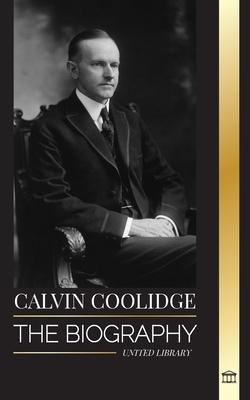The book Calvin Coolidge provides a comprehensive exploration of the life and political career of John Calvin Coolidge Jr., who served as the 30th president of the United States from 1923 to 1929. Hailing from Vermont, Coolidge was a Republican lawyer and skilled politician who ascended through Massachusetts politics, ultimately becoming the state's 48th governor. Notably recognized for his response to the 1919 Boston police strike, Coolidge's decisive action thrust him into the national spotlight.
Assuming the presidency in 1923 following President Warren G. Harding's sudden death, Coolidge earned a reputation as a small-government conservative with a dry sense of humor, earning him the moniker "Silent Cal." The book delves into his gubernatorial career, highlighting his fiscal conservatism, support for women's suffrage, and vague opposition to Prohibition. As president, Coolidge navigated the country through the "Roaring Twenties," a period of significant economic growth. His hands-off governing style and pro-business stance shaped the era, restoring public confidence in the aftermath of Harding's scandals.
While praised for his support of racial equality and lauded by advocates of smaller government, Coolidge's legacy is debated, particularly regarding his economic policies and their potential contributions to the onset of the Great Depression.
This biography offers a nuanced examination of a leader who embodied the spirit and hopes of the middle class during a transformative period in American history.
